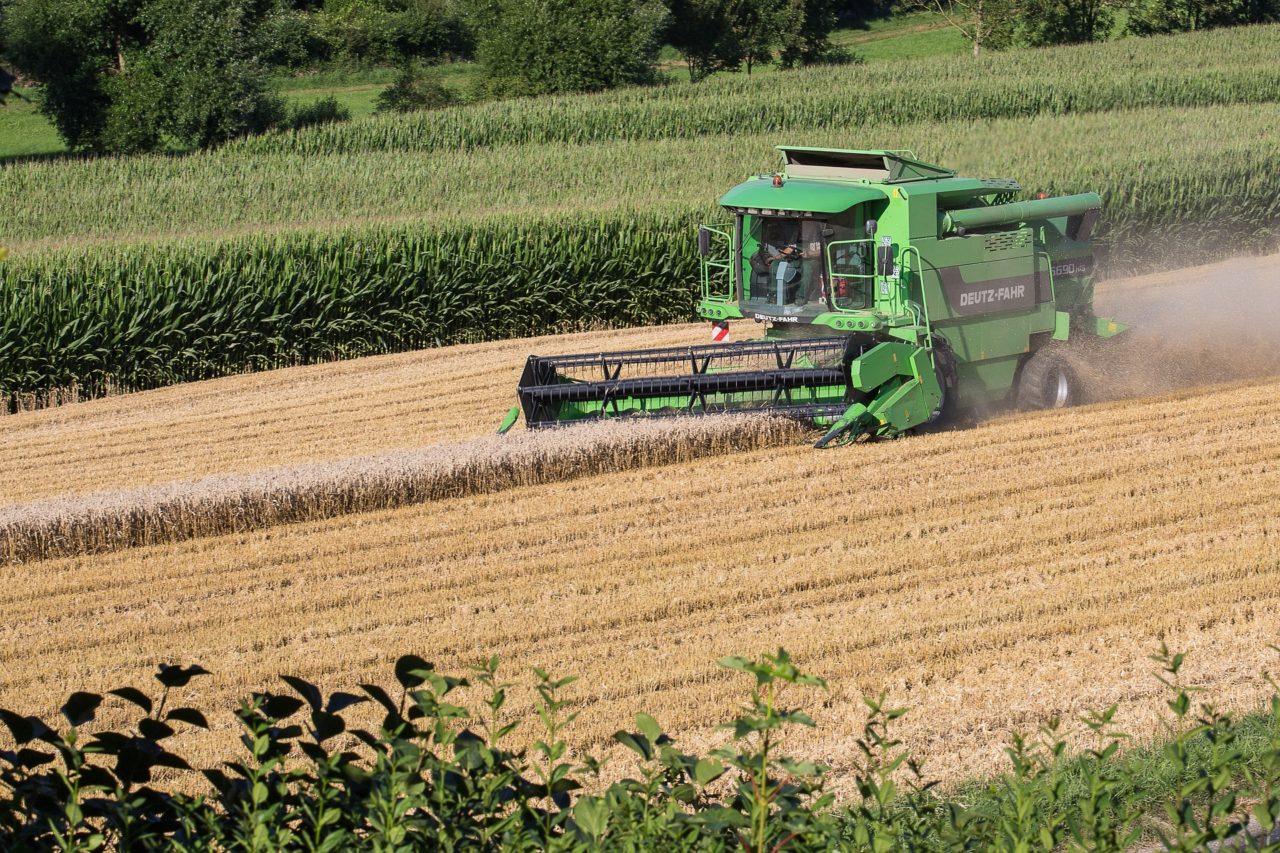Latest News

A combine harvester. Photo: Pixabay.
Rezatec, in conjunction with the University of Reading, is delivering its monitoring and prediction of pasture quality and productivity from satellites (PASQUAL) project to develop an Earth Observation (EO) satellite-based pasture farming intelligence tool. Through the analysis of multiple remote sensing satellite data sources (visible and radar) and meteorological data, in combination with the University of Reading’s modeling and data-assimilation techniques, the tool will enable dairy farmers to monitor and predict pasture productivity and quality.
The University of Reading is currently conducting trials over a two-year period, initially at controlled research plots, and now extending to operational dairy farms. According to Rezatec, this approach is driving iterative development of models and data products, which will be delivered to users through Rezatec’s geospatial web-portal platform. Rezatec will upgrade and extend the platform to support the required data streams and implement the grass growth models to create a useful decision support tool for dairy farmers.
Rezatec stated that alternative technologies and Research and Development (R&D) strategies in this area are scarce, but those that are emerging generally focus on empirical vegetation indices, which can lead to unreliable and inaccurate estimates of Plant Protection and Quarantine (PPQ). The company’s proposed approach aims to offer a more reliable product. Furthermore, most competitors using vegetation indices are focusing on crops, rather than grasslands, despite the fact that dairy production worldwide is 700 million tons.
Get the latest Via Satellite news!
Subscribe Now